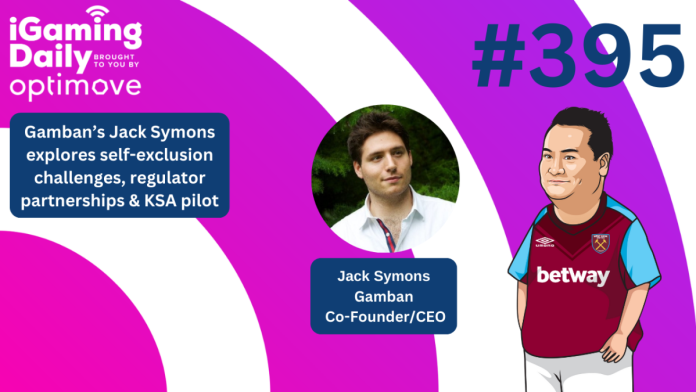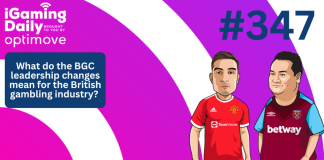Earlier this week, the Dutch gambling authority, Kansspelautoriteit (KSA), announced that it will fund a pilot programme with Gamban to provide a block of online gambling websites and apps targeting Dutch audiences.
On the latest episode of iGaming Daily, Ted Menmuir, SBC’s Content Director, was joined by Gamban’s Co-founder Jack Symons to discuss the news and the evolution of the software since its launch in 2015.
Symons explained that he helped create Gamban to form a “barrier” between the urge to gamble and the act itself.
He also spoke about the need to target “money, access and time” to effectively combat problem gambling behaviour.
He said: “In the case of gambling, often money will be depleted and we can handle access with self-exclusion schemes and the blocking software.
“So really, it’s a case of how do you fill that time? And that is such an important piece. I think there are some interesting approaches that can be taken over time, but how do you fill the void that gambling leaves? It’s such an exciting, powerful feeling when you’re in there.”
Gamban works alongside regulator and operator-led self-exclusion programmes, however, Symons noted that a “blind spot” for these initiatives are black market operators that work outside a regulator’s jurisdiction.
He said: “What I found from others who were using different layers of blocks was if you’re determined enough, you’ll find a way to circumvent [the blocks]. For me, it took about two hours and by the time I was able to gamble I was on dodgy platforms where I would have had to use crypto in order to play.
“What I found with the self-exclusion schemes is they work well, but they work even better when they’re layered up with other barriers.”
Looking more closely at Gamban’s collaboration with the KSA, Symons described the news as “brilliant” and explained that it is always the aim to make Gamban available with “no cost to the end user”.
He added that he has found working with regulators a more effective strategy than working directly with operators.
“We’ve fought a fight over about eight years of trying to get gambling operators to pay for their own customers not to be able to gamble on their platforms, which is a bit of a tall ask,” explained Symons.
“By which I mean if [operators] are buying licences and they’re saying we’re never going to see this player again and it’s going to have a price tag attached to it, you can see that it’s quite likely that we’ll have been given the cold shoulder time after time.
“So perhaps it’s a better strategy to be working with regulators to make these tools available at no cost in these jurisdictions and then we can work with industry where it’s most convenient. That’s where players are going to be and the more that we can do to make it available and accessible the better.”





